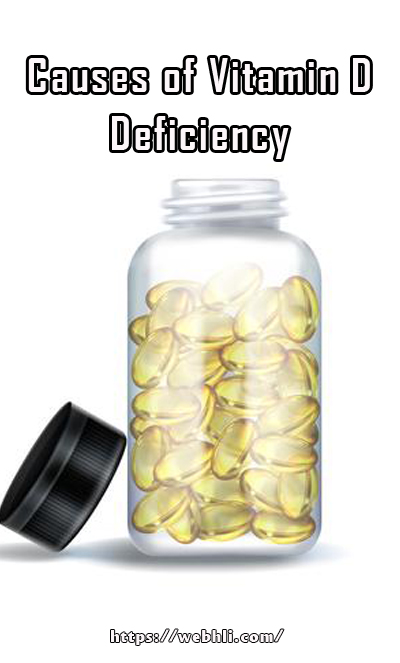There are several reasons why you may be struggling with a Vitamin D deficiency. In fact, as mentioned in that the start of this report, over 1-billion people are Vitamin D deficient.
Unfortunately, it isn’t always easy to detect, especially if you aren’t familiar with the symptoms. Let’s take a quick look at some of the reasons why this can happen:
You don’t eat the kind of foods that support the development of Vitamin D.
Most of these foods are animal-based, like fish and fish oils, beef liver, egg yolks, and fortified milk products.
If you’re vegan, of course you don’t eat these foods, so you’re likely to suffer from a Vitamin D deficiency unless you consume supplements to make up for it.
Your skin color is very dark.
The pigment (melanin) that makes your skin tan or dark reduces your skin’s ability to form Vitamin D when exposed to sunlight. So, the darker your skin, the less likely it is to make Vitamin D even if you sunbathe.
Your sunlight exposure is limited.
Since your skin only makes Vitamin D when exposed to sunlight, you may be likely to have a deficiency if you don’t frequently go outside.
If you’re homebound, for example, or work in a job that prevents sun exposure, you are at greater risk.
Living in northern latitudes can also do it, as can wearing long robes and head coverings for religious reasons.
Smog or pollution can prevent you from getting enough sunlight. Even the season and time of day matters. Sunlight is strongest between 10:00 am and 3:00 pm. And if you like somewhere like Cleveland, Ohio, you’re not getting UV-B light for six months out of the year due to the ozone layer and position of the sun.
Your digestive tract is unable to absorb Vitamin D or dietary fat. Some medical conditions, like Crohn’s disease, celiac disease, and cystic fibrosis, can limit your intestine’s ability to actually absorb the Vitamin D you’ve consumed. Since it’s a fat-soluble vitamin, this holds true for absorbing dietary fat as well.
Your kidneys cannot convert Vitamin D to its active form.
As we age, our kidneys slow down, reducing your ability to convert Vitamin D into the active form your body needs. Kidney disease or damage can do the same thing, leading to Vitamin D deficiency.
You are obese.
Fat cells extract Vitamin D from the blood, changing its release into circulation. If your body mass index is 30 or greater, you may be at serious risk for Vitamin D deficiency.
You’ve had weight loss surgery.
Surgeries that reduce the size of the stomach or bypass sections of the digestive system can make it very hard to consume adequate amounts of Vitamin D, along with other vitamins and minerals.
You’ll need to be carefully monitored by your doctor and will probably need to take Vitamin supplements for the rest of your life.
You take certain medications.
There are several medications that can cause Vitamin D deficiency.
These include laxatives, which (obviously) result in Vitamin D and other nutrients being flushed out of the digestive system before they are absorbed and steroids, which reduce calcium absorption and impair Vitamin D metabolism.
Cholesterol-lowering drugs like statins and colestipol (and oral cholesterol-lowering drug) can reduce Vitamin D synthesis because Vitamin D is derived from cholesterol.
Seizure control drugs like phenytoin and phenobarbital and rifampin (a tuberculosis drug) have also been known to affect Vitamin D levels. And orlistat (a weight-loss drug), can reduce Vitamin D absorption.
Additionally, thiazide diuretics like hydrochlorothiazide (HCTZ) and indapamide decrease urinary calcium excretion, so combining these drugs with Vitamin D supplements might cause hypercalcemia.
You’re an older adult.
As we age, our skin’s ability to make Vitamin D from sunlight is lessened. Our kidneys also slow down, so you may have enough Vitamin D in your blood, but your kidneys just can’t change it into an active form your body can use.




 Protected by Patchstack
Protected by Patchstack